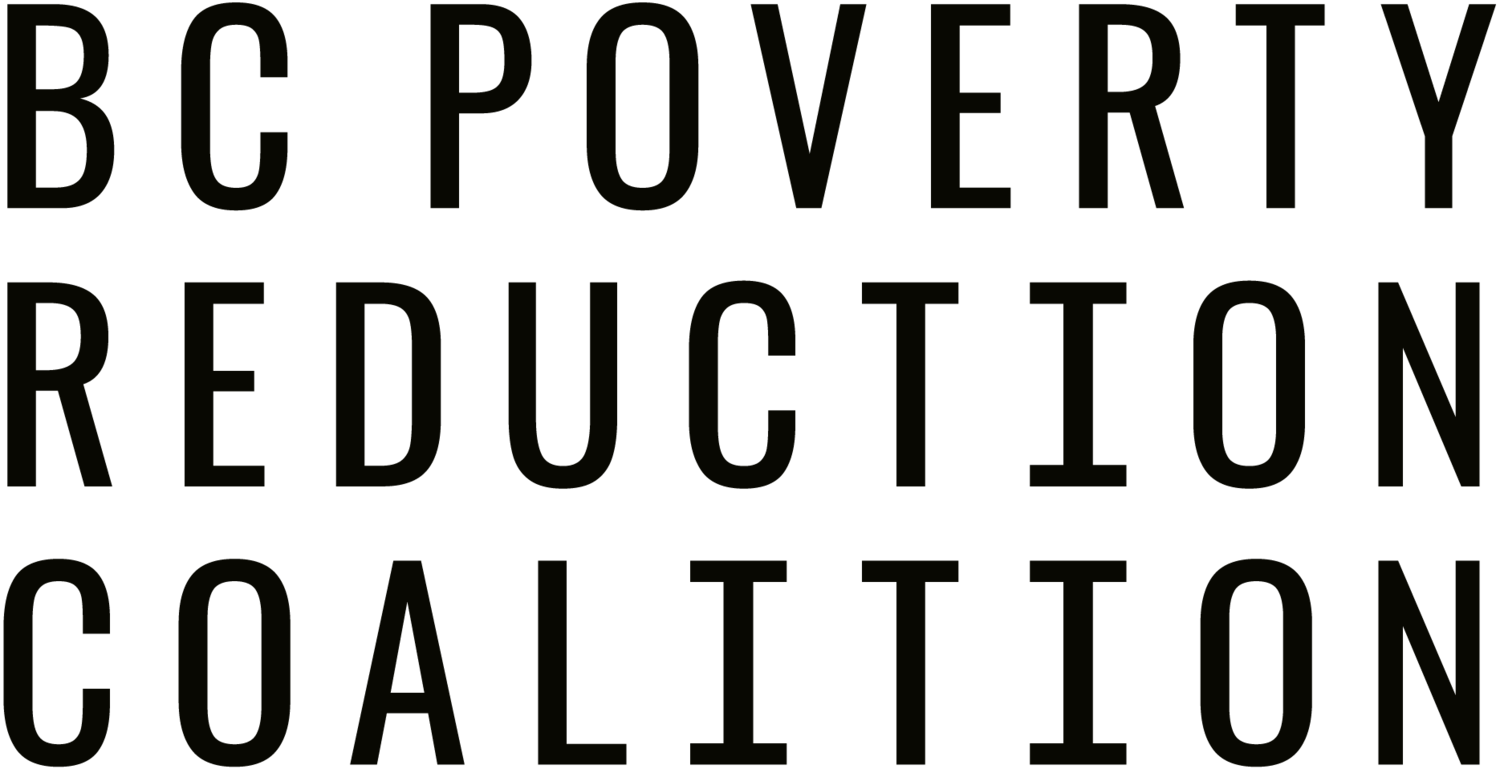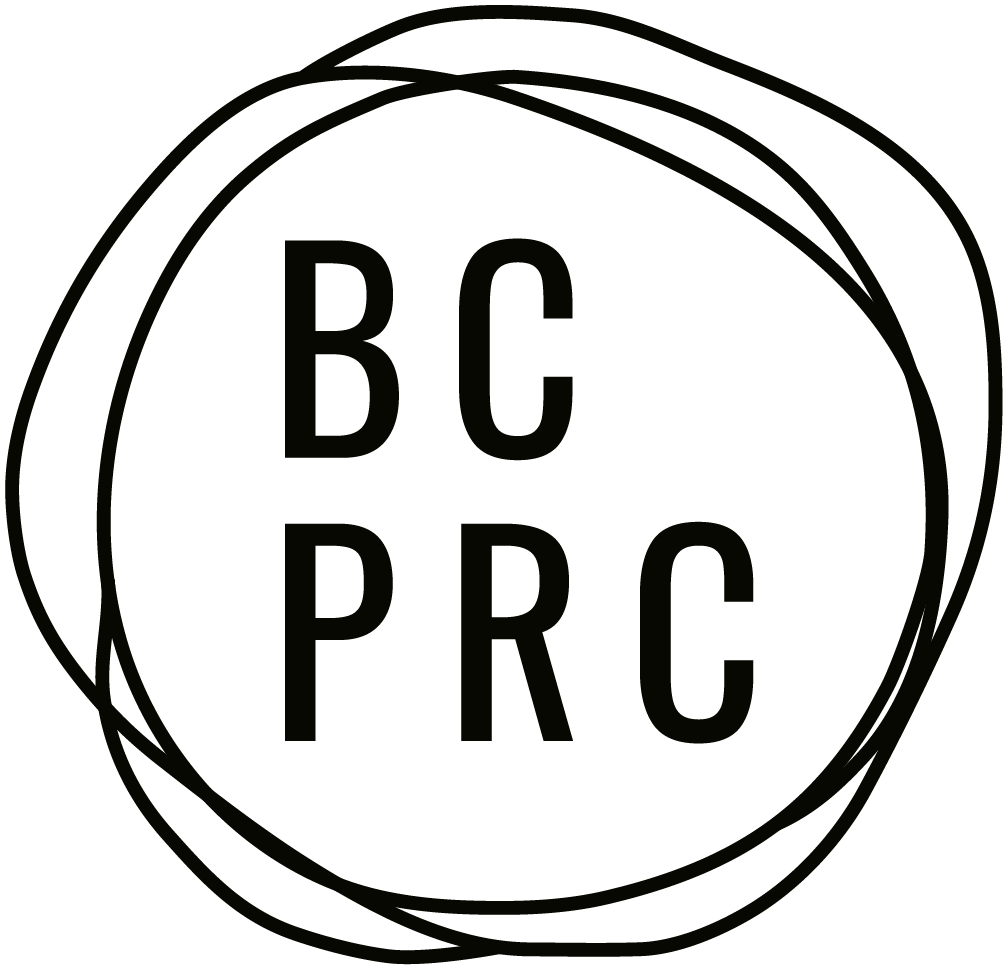Press Release: CALL ON PROVINCIAL GOVERNMENT TO PROVIDE $10-A-MONTH INTERNET FOR PEOPLE LIVING BELOW THE POVERTY LINE AND ALL THOSE ACCESSING EDUCATION IN BC
September 22nd, 2020
Vancouver, Coast Salish Territories–The BC Poverty Reduction (BCPRC) and allies, including the BC Teachers’ Federation, CUPE BC, the First Nations Technology Council and MOSAIC, have released a letter calling on the provincial government to provide $10-a-month Internet access to all living below the poverty line and anyone accessing education in B.C., regardless of immigration or citizenship status. The letter states that such action is an urgent and essential move to end the digital divide for low-income communities during the pandemic, and beyond. The recommendations would safeguard access for low-income communities to a diversity of services and amenities, all of which are largely dependent on Internet access at this time, from our justice system, to health and mental health care, education, social services, jobs, and ministry supports spanning at least 12 provincial ministries.
The letter also calls for a B.C. Technology Fund to provide those in the $10-a-month initiative with the technology they need to achieve personal, unrestricted access. Also called for is more funding and support for free and accessible training available province-wide to increase knowledge and skills around safety, security, privacy, and disinformation online. Almost half of households with an annual average income of $30,000 or less do not have high-speed Internet access in Canada.
“The pandemic has revealed the depth and breadth of the digital divide in B.C., as services and community life are driven online and our public Internet access points closed or limited,” says Viveca Ellis, BCPRC Interim Community Organizer. “Now more than ever, affordable, fast, at-home Internet access is as essential to every home in B.C. as heat and hot water. We must act now to end the digital divide and ensure all people in B.C., regardless of income, have the Internet access they need to survive and thrive through the pandemic and beyond.”
The letter, endorsed by the Coalition of over 100 members, emphasizes the inextricable link between Internet access and access to education and health care, and the unique challenges of Indigenous connectivity and newcomer communities. It calls on the Province to make $10-a-month Internet available to all low-income individuals regardless of their age, and to prioritize anyone who is already enrolled in any public education program including K-12, post-secondary, adult upgrading, and ESL.
Teri Mooring, President of the BC Teachers’ Federation points out, “that as k-12 school resumes this month, we must act decisively to fulfill the rights of all children and youth in the province to access school. Internet access and the appropriate technology to achieve it is inextricably linked to accessing k-12 education, and all forms of education, in this province. We must take bold measures without delay to ensure that no child or youth is left behind due to poverty.”
Also crucial is an approach that prioritizes Indigenous and racialized communities and on and off-reserve access through the leadership of the First Nations Technology Council. The letter calls for our current provincial focus on speed and connectivity for rural, remote, and on-reserve communities to expand and address affordability for isolated low-income households through the Digital Justice for B.C. initiative.
“Connectivity infrastructure and access to affordable internet as an essential service are necessary elements to socio-economic well-being, and for economic reconciliation with First Nations who have been left out and left behind for too long as the digital divide only grows wider,” asserts Denise Williams, CEO of the First Nations Technology Council. “The rise of COVID-19 in vulnerable First Nations communities and the need for virtual solutions further underscores the urgency of affordable internet to support Indigenous well-being across all sectors of education, health, economic development, social and cultural revitalization. Technology underpins UNDRIP and the protection of Indigenous rights asserted by that declaration and brought into law by the Provincial Declaration Act,” says Williams.
The unique and urgent needs of newcomer communities are also highlighted in the letter. “The pandemic has placed a spotlight on the digital divide for immigrant and refugee communities. Without access to high-speed Internet services, many newcomer families cannot use key government, health care, employment, and settlement services that are largely provided online due to the pandemic. For newcomer families with children, it can be impossible to participate in online learning and access vital and timely information without fast, at-home Internet services. This is an urgent issue that disproportionately affects the most vulnerable in our society,” says Olga Stachova, Chief Executive Officer of MOSAIC.
In 2016, the United Nations declared Internet access a human right, and the Canadian Radio-television and Telecommunications Commission (CRTC) declared broadband a basic service. The letter calls for government to urgently implement a comprehensive initiative informed by a human rights approach to ensure no one in B.C. is left alone, disconnected, and falling behind during the public health crisis of the pandemic, and beyond.
Media inquiries
Viveca Ellis, BC Poverty Reduction Coalition
604-366-1008 or viveca@bcpovertyreduction.ca
Denise Williams, BC First Nations Technology Council
604-921-9939 or denise@technologycouncil.ca
Media Relations, BC Teachers’ Federation
rovergaard@bctf.ca
Olga Stachova, MOSAIC
ostachova@mosaicbc.org


